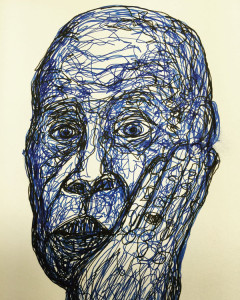According to Adam Liptak, later this month Justice Clarence Thomas of the United States Supreme Court will have gone 10 years without asking a question from the bench. It has been 45 years since any other member of the Court went even a single term without asking a question.1 I have always considered an attorney’s skill in answering an appellate judge’s questions an essential ingredient of appellate advocacy. Justice Thomas thinks differently.
“I think it is unnecessary in deciding cases to ask many questions, and I don’t think it’s helpful” Justice Thomas said in 2013. “I think we should listen to lawyers who are arguing their cases, and I think we should allow the advocates to advocate.”
Have the justices gone too far in interrupting one another and spraying lawyers with questions that seldom get full and considered answers?
“Quite often the judges are debating among themselves and just using the lawyers as a backboard” Chief Justice Roberts said in 2008.
As Liptak points out, Justice Thomas has a distinctive legal philosophy entirely different from any other justice. He has taken a textualist approach, seeking to uphold what he sees as the original meaning of the U.S. Constitution and statutes.2
His memoir makes for interesting reading. He considered entering the priesthood and attended seminary for one year. Also, he graduated from Yale Law School, but considered this was a mistake, as he believed potential employers assumed he obtained his degree because of affirmative action policies.3 I had the privilege of meeting Justice Thomas when I was sworn into the Supreme Court of the United States. What struck me was how personable he was to me and the other lawyers in my group.
1 Liptak, A. February 1, 2016. “It’s been 10 years. Would Clarence Thomas like to add anything?” The New York Times. Retrieved from www.nytimes.com.



